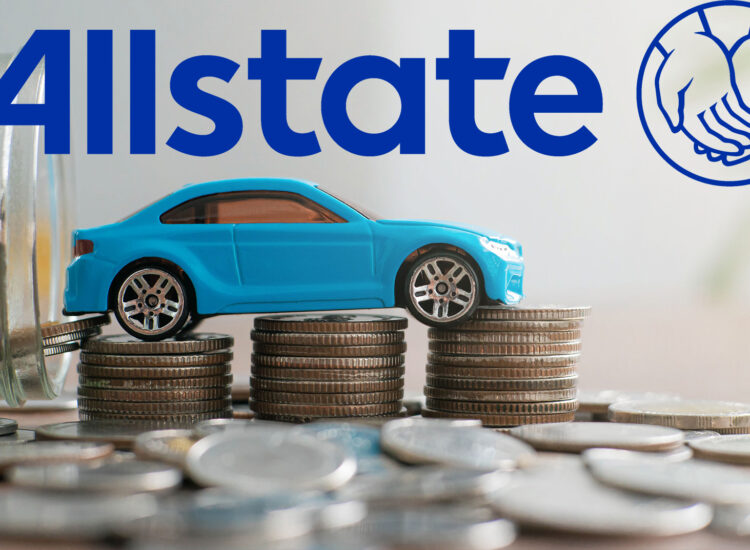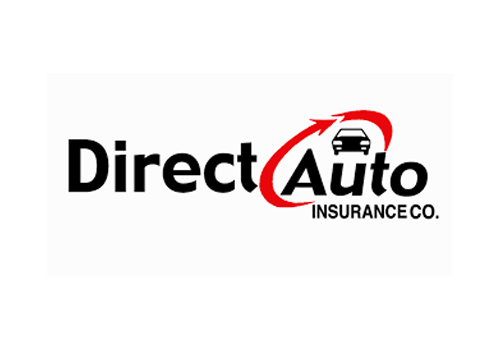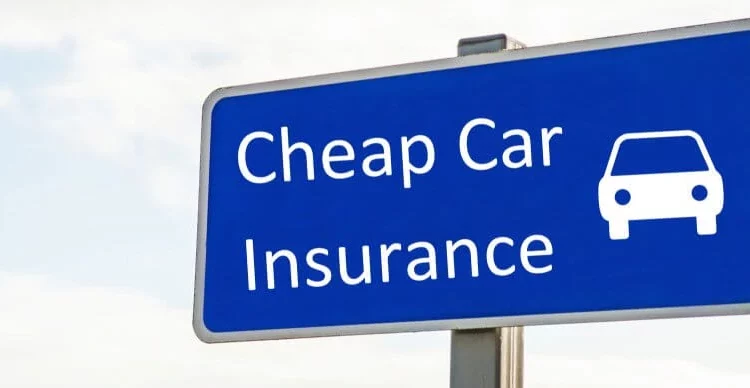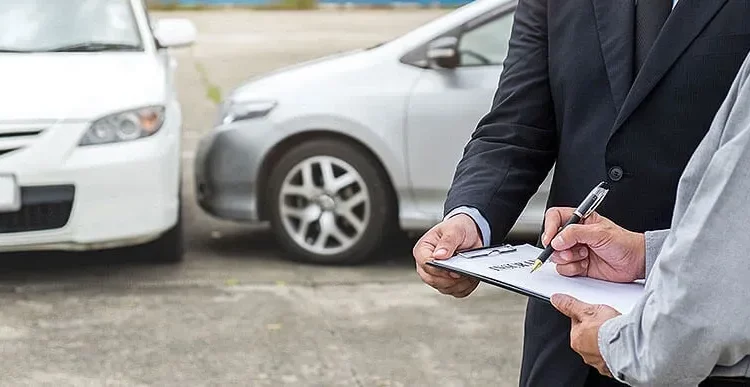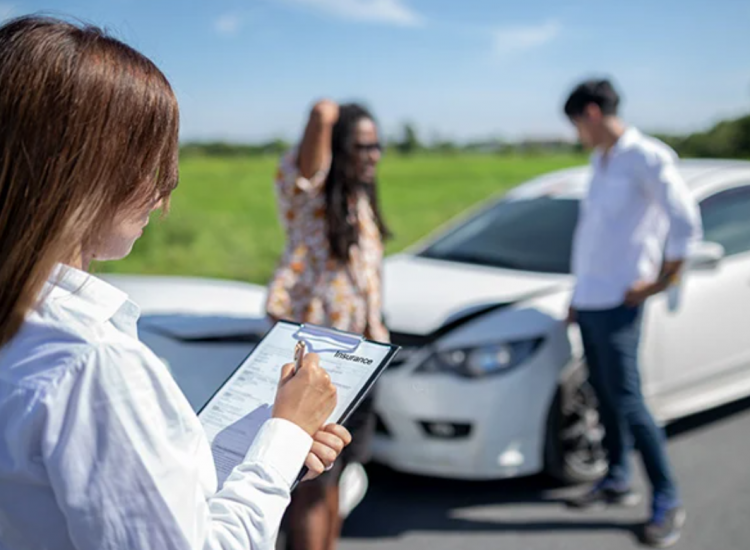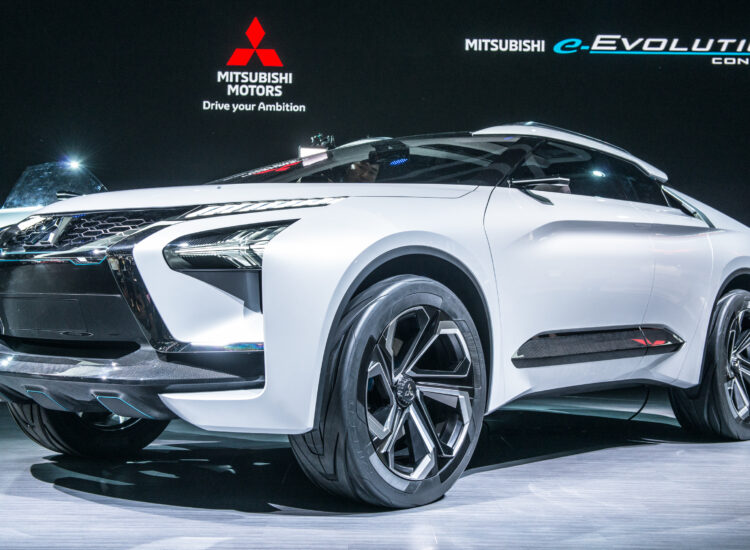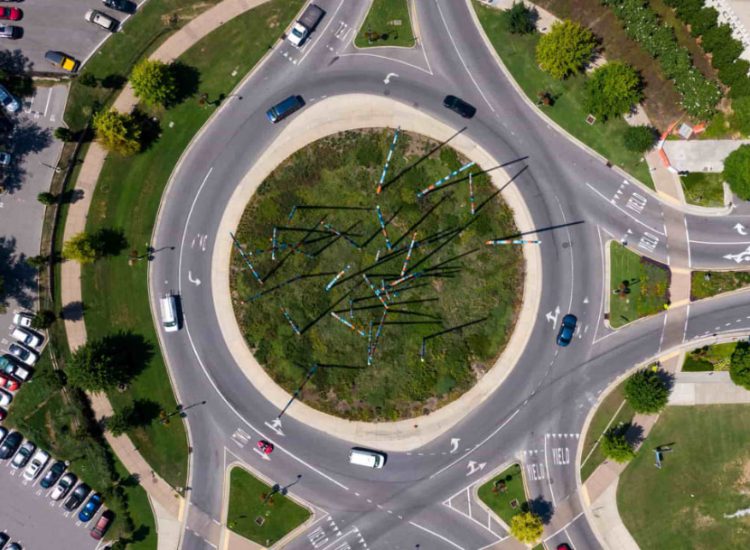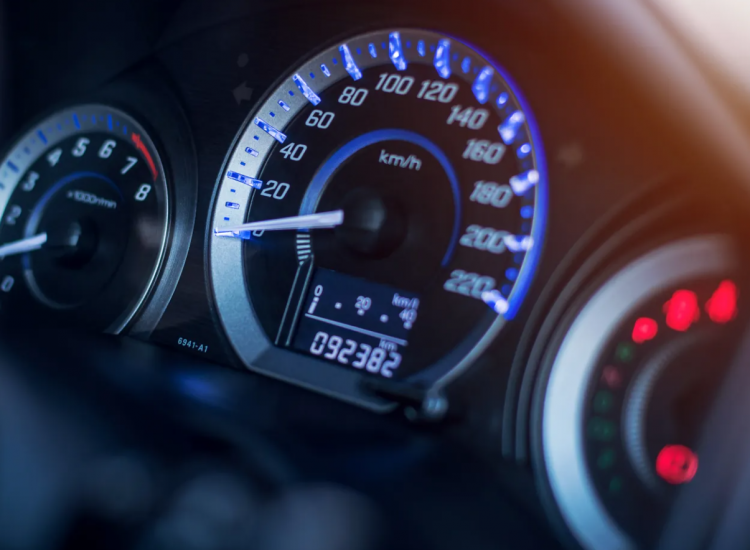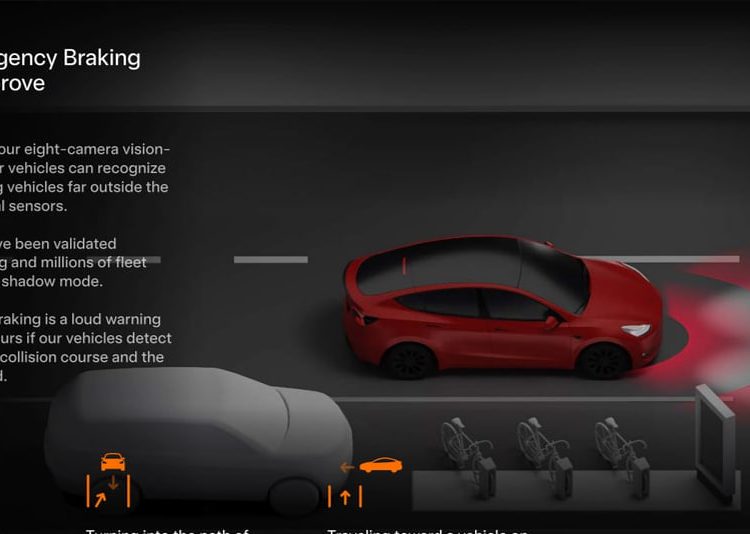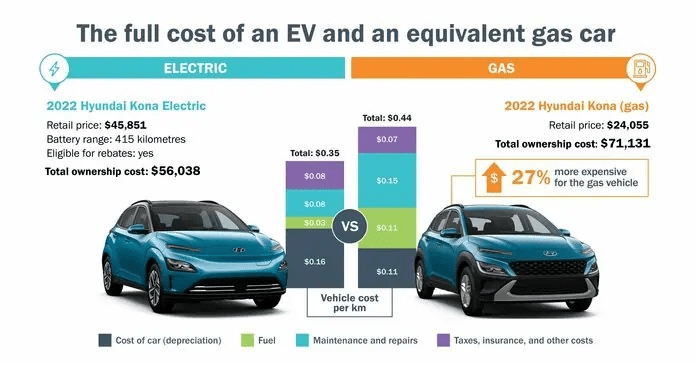Navigating auto insurance can be a complex task, especially for delivery drivers who use their vehicles for work purposes. As a delivery driver, it is crucial to understand the specific insurance requirements and coverage options available to ensure you are adequately protected in case of an accident or damage. In this guide, we will provide essential information on how to navigate auto insurance for delivery drivers, including understanding coverage needs, finding the right insurance provider, and managing costs effectively. By following these guidelines, you can make informed decisions and secure the appropriate auto insurance coverage for your delivery driving needs.
Toc
- 1. Common Mistakes to Avoid When Dealing with Auto Insurance as a Delivery Driver
- 2. How to File an Auto Insurance Claim as a Delivery Driver
- 3. Related articles 01:
- 4. Essential Auto Insurance Requirements for Delivery Drivers
- 5. Tips for Finding the Best Auto Insurance Rates for Delivery Drivers
- 6. Related articles 02:
- 7. Understanding the Different Types of Auto Insurance Coverage for Delivery Drivers
- 8. Conclusion
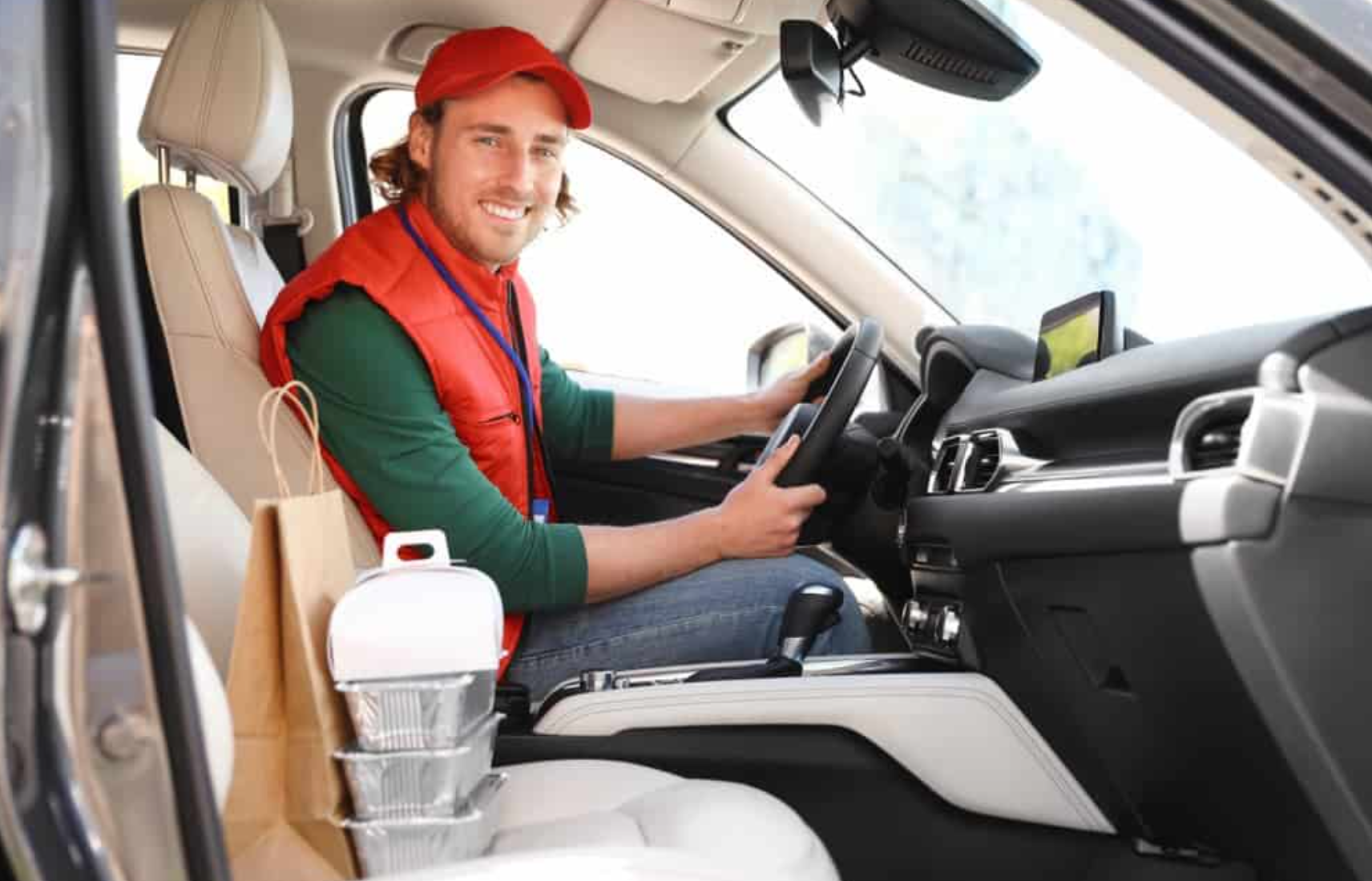
Common Mistakes to Avoid When Dealing with Auto Insurance as a Delivery Driver
Being a delivery driver can be a rewarding job, but it also comes with its fair share of risks. One of the most important aspects of being a delivery driver is having the right auto insurance coverage. However, navigating the world of auto insurance can be confusing and overwhelming, especially if you’re new to the industry. To help you avoid common mistakes, we’ve compiled a list of things to keep in mind when dealing with auto insurance as a delivery driver.
First and foremost, one of the biggest mistakes that delivery drivers make is not disclosing their occupation to their insurance provider. Many drivers assume that their personal auto insurance policy will cover them while they’re on the job, but this is often not the case. It’s crucial to inform your insurance provider that you are a delivery driver so that they can provide you with the appropriate coverage. Failure to do so could result in your claim being denied in the event of an accident.
Another common mistake is not understanding the different types of coverage available to delivery drivers. While personal auto insurance policies may cover you for personal use, they may not provide coverage while you’re working. It’s important to explore commercial auto insurance options that are specifically designed for delivery drivers. These policies typically offer higher liability limits and coverage for business-related activities, ensuring that you’re adequately protected in case of an accident.
Additionally, many delivery drivers make the mistake of not properly documenting their mileage. Insurance providers often take mileage into account when determining premiums, so it’s crucial to keep accurate records of the miles you drive for work. Failure to do so could result in higher premiums or even a denied claim if your insurance provider discovers that you’ve underestimated your mileage.
Another mistake to avoid is not shopping around for the best insurance rates. As a delivery driver, it’s important to compare quotes from different insurance providers to ensure that you’re getting the best coverage at the most affordable price. Don’t settle for the first quote you receive – take the time to research and compare different policies to find the one that best suits your needs and budget.
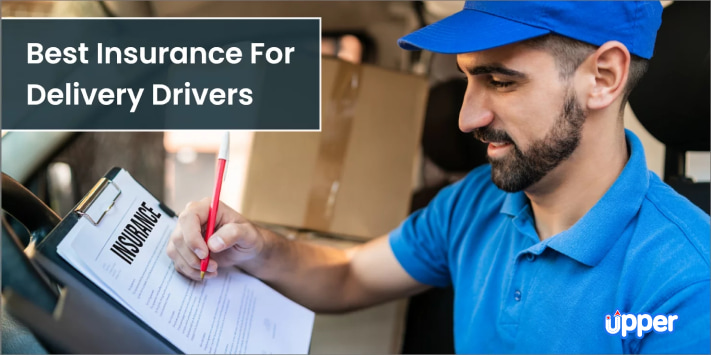
Lastly, many delivery drivers make the mistake of not reviewing their insurance policy regularly. As your business grows and evolves, your insurance needs may change. It’s important to review your policy annually to ensure that you still have the appropriate coverage. If you’ve expanded your delivery area or added additional drivers to your team, you may need to adjust your policy accordingly. Failing to do so could leave you underinsured and vulnerable in the event of an accident.
In conclusion, navigating auto insurance as a delivery driver can be challenging, but avoiding common mistakes can help ensure that you’re adequately protected. Remember to disclose your occupation to your insurance provider, explore commercial auto insurance options, document your mileage accurately, shop around for the best rates, and review your policy regularly. By following these guidelines, you can navigate the world of auto insurance with confidence and peace of mind.
How to File an Auto Insurance Claim as a Delivery Driver
Auto insurance is a crucial aspect of being a delivery driver. Accidents can happen at any time, and having the right coverage can protect you from financial burdens. However, knowing how to navigate the process of filing an auto insurance claim can be overwhelming. In this section, we will guide you through the steps of filing an auto insurance claim as a delivery driver.
The first step in filing an auto insurance claim is to gather all the necessary information. This includes the details of the accident, such as the date, time, and location. It is also important to collect the contact information of all parties involved, including their names, phone numbers, and insurance information. Additionally, take pictures of the accident scene and any damages to your vehicle.
Once you have gathered all the necessary information, it is time to contact your insurance company. Most insurance companies have a dedicated claims department that handles these types of situations. When speaking with the claims representative, be prepared to provide them with all the information you have collected. They will guide you through the next steps of the process.
After reporting the accident to your insurance company, they will assign an adjuster to your claim. The adjuster will be responsible for assessing the damages to your vehicle and determining the amount of coverage you are eligible for. They may also request additional information or documentation, such as repair estimates or medical bills if you were injured in the accident.
During the claims process, it is important to keep all communication with your insurance company in writing. This will help ensure that there is a record of all conversations and agreements made. It is also a good idea to keep copies of any documents or receipts related to the accident, as they may be needed for future reference.
Once the adjuster has completed their assessment, they will provide you with a settlement offer. This offer will outline the amount of coverage you are eligible for based on your policy and the damages incurred. It is important to carefully review this offer and consult with a legal professional if you have any concerns or questions.
1. https://suvwars.com/archive/613/
2. https://suvwars.com/archive/630/
3. https://suvwars.com/archive/602/
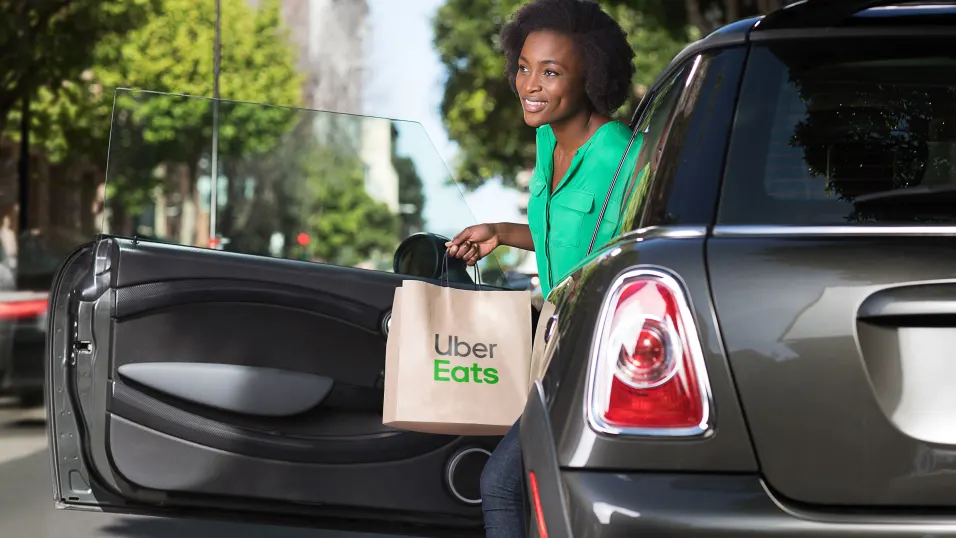
If you are satisfied with the settlement offer, you can accept it and begin the process of repairing your vehicle. Your insurance company may have preferred repair shops that they work with, or you may have the option to choose your own. Be sure to keep all receipts and documentation related to the repairs, as you may need to provide them to your insurance company for reimbursement.
In the event that you are not satisfied with the settlement offer, you have the option to negotiate with your insurance company. This may involve providing additional evidence or documentation to support your claim. If negotiations are unsuccessful, you may need to seek legal advice and consider filing a lawsuit against the responsible party.
Filing an auto insurance claim as a delivery driver can be a complex process, but with the right information and guidance, it can be navigated successfully. By following these steps and staying organized throughout the process, you can ensure that you receive the coverage you are entitled to and get back on the road as quickly as possible.
Essential Auto Insurance Requirements for Delivery Drivers
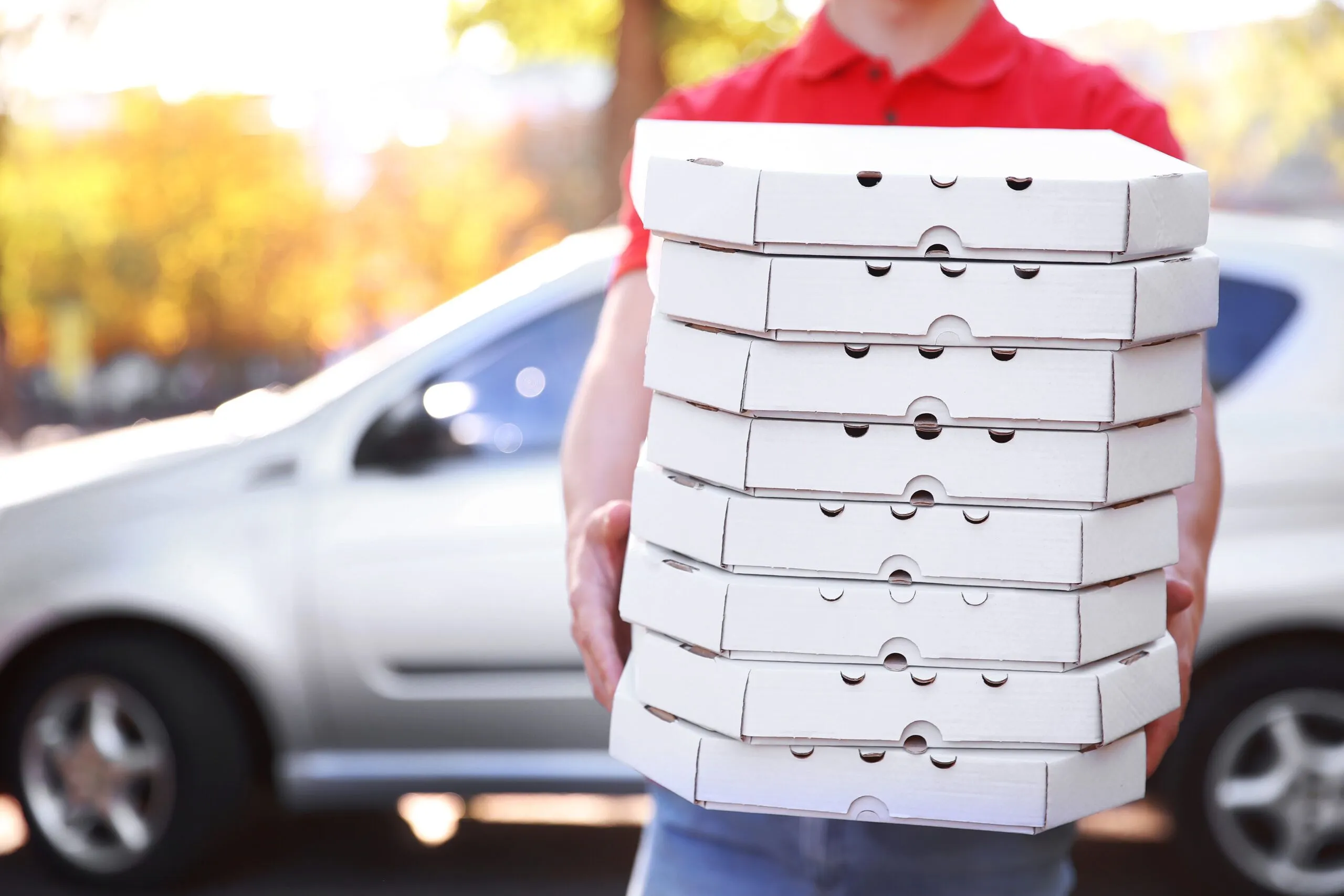
Auto insurance is a crucial aspect of being a delivery driver. Whether you work for a food delivery service or deliver packages for an e-commerce company, having the right insurance coverage is essential. In this article, we will discuss the essential auto insurance requirements for delivery drivers and provide some tips on how to navigate this process.
First and foremost, it is important to understand that personal auto insurance policies typically do not cover accidents that occur while using your vehicle for commercial purposes. This means that if you are involved in an accident while making a delivery, your personal auto insurance may not provide coverage. Therefore, it is crucial to have a commercial auto insurance policy that specifically covers delivery driving.
When it comes to commercial auto insurance, there are several types of coverage that delivery drivers should consider. The most basic coverage is liability insurance, which covers damages to other people and their property if you are at fault in an accident. This coverage is typically required by law and is essential for protecting yourself and others on the road.
In addition to liability insurance, delivery drivers should also consider adding comprehensive and collision coverage to their policy. Comprehensive coverage protects against damages to your vehicle that are not caused by a collision, such as theft or vandalism. Collision coverage, on the other hand, covers damages to your vehicle that occur as a result of a collision with another vehicle or object.
Another important coverage option for delivery drivers is uninsured/underinsured motorist coverage. This coverage protects you if you are involved in an accident with a driver who does not have insurance or does not have enough insurance to cover the damages. Given the number of uninsured drivers on the road, this coverage can be a lifesaver in the event of an accident.
When shopping for commercial auto insurance, it is important to compare quotes from multiple insurance providers. Rates can vary significantly, so it is worth taking the time to shop around and find the best coverage at the most affordable price. Additionally, be sure to read the policy carefully and understand the terms and conditions before making a decision.
It is also worth noting that some delivery companies may offer insurance coverage for their drivers. However, it is important to carefully review the terms of this coverage to ensure that it provides adequate protection. In some cases, the coverage offered by the company may be limited or may not fully protect you in the event of an accident. Therefore, it is still advisable to have your own commercial auto insurance policy.
In conclusion, delivery drivers must have the right auto insurance coverage to protect themselves and others on the road. Personal auto insurance policies typically do not cover accidents that occur while using your vehicle for commercial purposes, so it is important to have a commercial auto insurance policy that specifically covers delivery driving. Essential coverage options include liability insurance, comprehensive and collision coverage, and uninsured/underinsured motorist coverage. It is important to compare quotes from multiple insurance providers and carefully review the terms and conditions of any coverage offered by your employer. By taking these steps, delivery drivers can navigate the world of auto insurance and ensure that they are adequately protected.
Tips for Finding the Best Auto Insurance Rates for Delivery Drivers
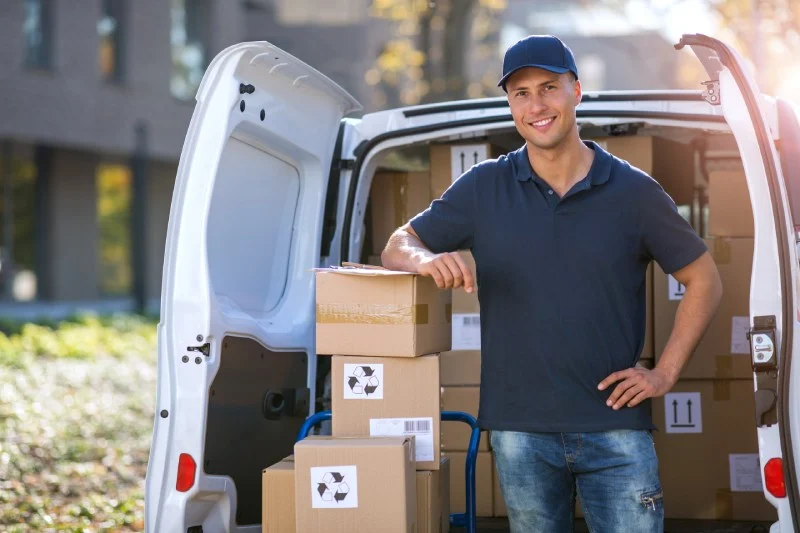
Auto insurance is a crucial aspect of being a delivery driver. Whether you work for a food delivery service or deliver packages for an e-commerce company, having the right insurance coverage is essential. However, finding the best auto insurance rates for delivery drivers can be a daunting task. In this article, we will provide you with some valuable tips to help you navigate the world of auto insurance and find the most affordable rates.
First and foremost, it is important to understand the different types of coverage options available to delivery drivers. The most basic type of coverage is liability insurance, which covers damages to other people’s property or injuries they sustain in an accident that you are at fault for. This is the minimum coverage required by law in most states. However, as a delivery driver, you may want to consider additional coverage options such as collision coverage, comprehensive coverage, and uninsured/underinsured motorist coverage.
When searching for auto insurance as a delivery driver, it is crucial to shop around and compare quotes from different insurance providers. Rates can vary significantly from one company to another, so it is important to do your due diligence and obtain multiple quotes. You can either contact insurance companies directly or use online comparison tools to get quotes from multiple providers at once. Be sure to provide accurate information about your driving history, vehicle, and delivery job to get the most accurate quotes.
1. https://suvwars.com/archive/608/
2. https://suvwars.com/archive/613/
3. https://suvwars.com/archive/630/
Another tip for finding the best auto insurance rates for delivery drivers is to consider bundling your insurance policies. Many insurance companies offer discounts if you bundle your auto insurance with other policies such as homeowners or renters insurance. This can help you save money on your overall insurance costs.
Additionally, maintaining a clean driving record is crucial when it comes to getting affordable auto insurance rates. Insurance companies consider your driving history when determining your rates, so it is important to drive safely and avoid accidents or traffic violations. If you have a history of accidents or tickets, it may be more challenging to find affordable insurance coverage. However, some insurance companies offer accident forgiveness programs or discounts for defensive driving courses, so be sure to inquire about these options.
Furthermore, consider raising your deductible to lower your insurance premiums. The deductible is the amount you have to pay out of pocket before your insurance coverage kicks in. By increasing your deductible, you can lower your monthly premiums. However, it is important to ensure that you can afford to pay the higher deductible in the event of an accident.
Lastly, don’t forget to review your insurance policy regularly. As a delivery driver, your circumstances may change, and it is important to update your insurance coverage accordingly. If you switch delivery jobs or start using a different vehicle, be sure to inform your insurance provider to ensure that you have the appropriate coverage.
In conclusion, finding the best auto insurance rates for delivery drivers requires some research and comparison. Understanding the different coverage options, shopping around for quotes, bundling policies, maintaining a clean driving record, raising your deductible, and reviewing your policy regularly are all important steps to help you navigate the world of auto insurance as a delivery driver. By following these tips, you can find affordable coverage that meets your needs and protects you on the road.
Understanding the Different Types of Auto Insurance Coverage for Delivery Drivers
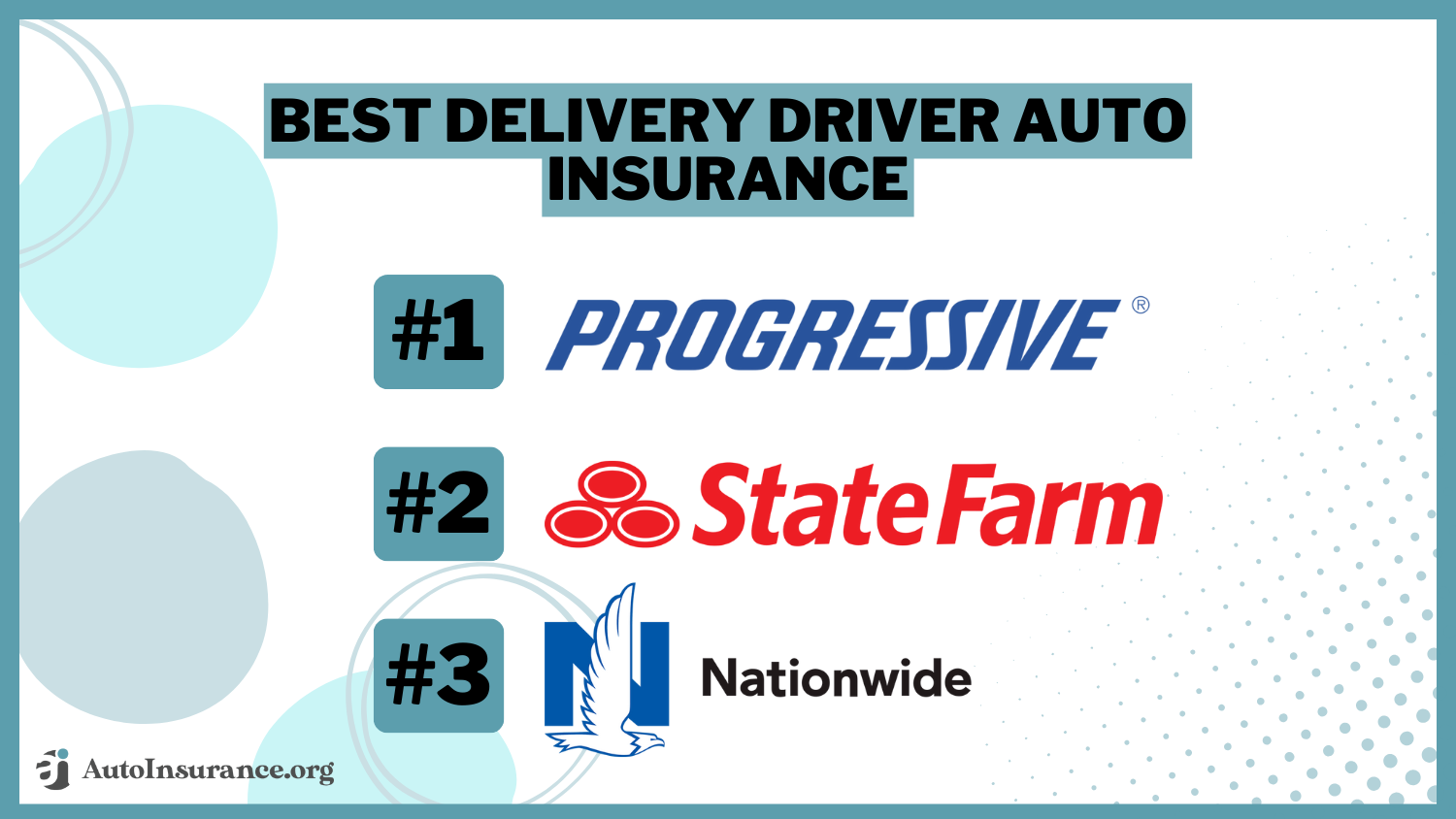
Auto insurance is a crucial aspect of being a delivery driver. Whether you work for a food delivery service or deliver packages for an e-commerce company, having the right insurance coverage is essential. Understanding the different types of auto insurance coverage available for delivery drivers is the first step in navigating this complex field.
One of the most common types of auto insurance coverage for delivery drivers is liability insurance. This coverage protects you in case you cause an accident that results in injury or property damage to others. Liability insurance typically includes two components: bodily injury liability and property damage liability. Bodily injury liability covers medical expenses and lost wages for the injured party, while property damage liability covers the cost of repairing or replacing damaged property.
Another important type of coverage for delivery drivers is collision insurance. This coverage pays for the repair or replacement of your vehicle if it is damaged in a collision with another vehicle or object. Collision insurance is particularly important for delivery drivers, as they are more likely to be involved in accidents due to the nature of their work. Without collision insurance, you would be responsible for paying for these repairs out of pocket.
Comprehensive insurance is another type of coverage that delivery drivers should consider. This coverage protects your vehicle against damage caused by events other than collisions, such as theft, vandalism, or natural disasters. Comprehensive insurance is especially important for delivery drivers who often leave their vehicles unattended while making deliveries. Without this coverage, you would be responsible for covering the cost of repairs or replacement if your vehicle is stolen or damaged by a non-collision event.
Uninsured/underinsured motorist coverage is also worth considering for delivery drivers. This coverage protects you in case you are involved in an accident with a driver who does not have insurance or does not have enough insurance to cover the damages. Since delivery drivers spend a significant amount of time on the road, the risk of being involved in an accident with an uninsured or underinsured driver is higher. Having this coverage ensures that you are protected in such situations.
Lastly, some insurance companies offer specific coverage options for delivery drivers, such as hired and non-owned auto insurance. This coverage is designed for drivers who use their personal vehicles for work purposes but do not own the vehicles themselves. Hired and non-owned auto insurance provides liability coverage in case you cause an accident while using a vehicle that you do not own. This coverage is particularly relevant for delivery drivers who use their personal vehicles for work.
In conclusion, understanding the different types of auto insurance coverage available for delivery drivers is crucial for navigating the world of auto insurance. Liability insurance, collision insurance, comprehensive insurance, uninsured/underinsured motorist coverage, and hired and non-owned auto insurance are all important coverage options to consider. By having the right insurance coverage, delivery drivers can protect themselves and their vehicles in case of accidents or other unforeseen events.
Conclusion
In conclusion, delivery drivers should consider several factors when navigating auto insurance. It is important to inform the insurance provider about the nature of the delivery work to ensure proper coverage. Comparing quotes from different insurance companies can help find the most suitable and affordable policy. Additionally, maintaining a clean driving record and practicing safe driving habits can help reduce insurance premiums. Lastly, regularly reviewing and updating the insurance policy is crucial to ensure adequate coverage as a delivery driver.
